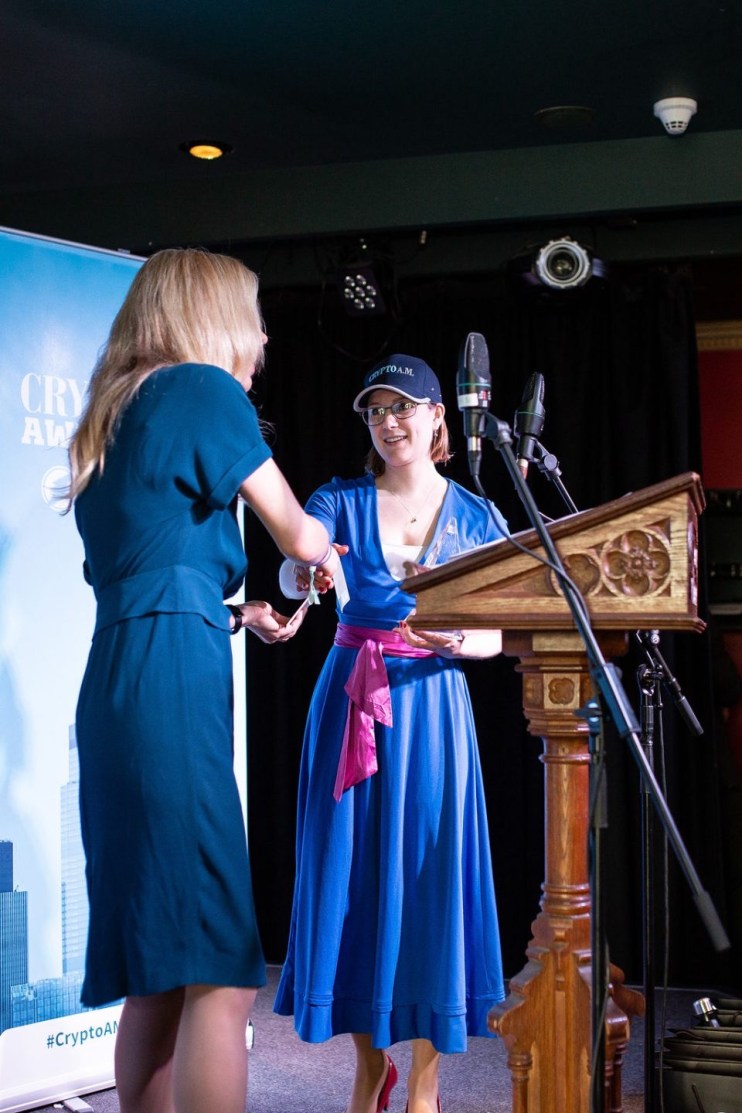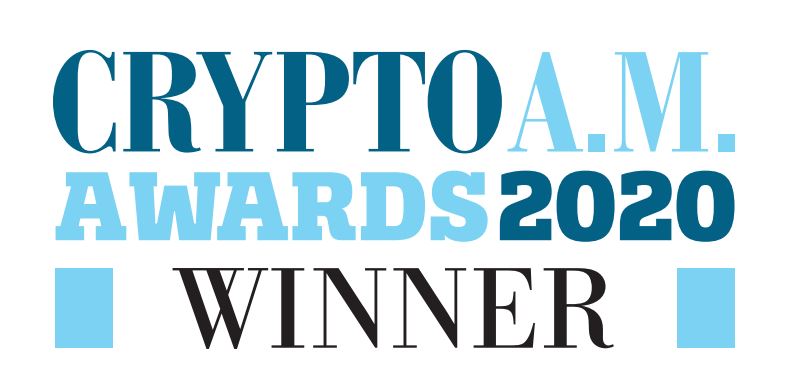2020: There is Still Time

As we were preparing for the unavoidable lockdown, The Economist published the most descriptive cover: picture of the Earth with a “Closed” sign hanging across it. Indeed, it does feel like 2020 shouldn’t have happened.
We started with Hong Kong protests, followed by the Australian fires, death of the NBA legend Kobe Bryan, finalization of Brexit, failed Trump impeachment and three global market crashes. All of this while a global pandemic was killing millions of people and the incompetence of governments created the worst market depression in human history. When it seemed things cannot get any worse, right before the Pride month, Gorge Floyd was murdered and a global rallying cry that #blacklivesmatter started. Honestly, every morning when I turn on my radio, I expect to hear that there is a massive meteorite approaching earth and will destroy it. I do wish I had my towel and could just catch a hike into the galaxy.
Months are passing, and we are all getting used to wearing collared shirts and PJ bottoms to pretend like we care on our fiftieth zoom call. Turns out travel is not that necessary, and we can feel good about reducing our carbon footprint. Neither are posh restaurants when you can Deliveroo Michelin star meals to your couch. Maybe it would be nice to connect with other people or breathe a bit of fresh air. However,my cat is actually a great companion, and I can always stick my head out the window if I need to see the sun. Above all, the first six months of this year fill me with hope. Hope dictated by the creativity of entrepreneurs that within weeks pivoted their businesses, created new lines of products and are just pushing along.
Clearly the biggest boom is happening in the pharma and healthcare industry. Repurposing existing drugs is a common trend in AI and medicine. BenevolentAI has been running tests to find a match for COVID-19 and only within the first month they were able to shortlist six promising drugs. After they published the results in The Lancet, announcing that baricitinib, a rheumatoid arthritis drug, is the highest on the list, BenevolentAI and Eli Lilly partnered to begin clinical trials in the US. Interestingly, another European company, Innoplexus, is also going down the route of rheumatoid arthritis drugs. Innoplexus is running an AI and big data platform that generates “actionable insights from hundreds of terabytes of structured and unstructured public data, drawing from sources ranging from private research databases to social media”.
The study showed that there are three combinations worth pursuing: chloroquine and tocilizumab (a drug for rheumatoid arthritis); chloroquine and remdesivir; and a mix of hydroxychloroquine with clarithromycin (an antibiotic) or plerixafor (antiretroviral). On the other hand, Exscientia, a UK-based company, is screening 15,000clinically ready molecules from Scripps Research Institute as potential cures for COVID-19. They are able to create data models that help with understanding how the virus works. Because their base is much bigger than the 2,000 approved drugs, they will be able to create potential new candidates if the existing ones turn out to fail in curing COVID-19.
Novel Coronavirus hit us both on a very human level, killing our friends and families, but also on a much more mundane one. As we rushed online to order desks, monitors and other necessities to work from home and to the market to stockpile toilet paper and canned food, we exposed how broken our supply chain is. Manufacturers cannot track their goods correctly; connectivity and proper data exchange are not part of the current solutions. You can track your Deliveroo order, but you cannot track the big screen you ordered three weeks ago that got lost somewhere between Shenzhen and Norfolk. There was no better way to expedite blockchain adoption by the market. Ledgerdomain conducted a study in 2018 showing that using DLTs for pharma supply only in the U.S, could save over $180 million each year. And that doesn’t even cover blockchain’s role in reducing counterfeits and hidden costs. Especially when we will finally have a cure for COVID-19, counterfeit medicines will become a major issue. Ledgerdomain’s BRUINchain is a “living supply chain solution that captures all the transactions – from the loading dock to the patient. It will capture the data needed to develop trends and analytics, and be able to surface risk management issues.” ACG Inspection is another company offering a similar solution.
While 2019 saw a massive innovation in the digital identity space, 2020 gave us a great opportunity to test it live. We’ve seen Hyperledger Indy and SSI being adopted by governments (VON network in British Columbia, Visma Flammand in the Netherlands). However, these were fairly small projects. It is now, with the launch of Truu, that we can say that SSI is going mainstream. Soon to be launched and widely used by the NHS, this portable, secure digital passport will allow medical services verify staff identities, qualifications and certifications.
May’s events forced us to talk about difficult topics: violence, racism, social justice and neophobia. Against the backdrop of June being Pride month, it is sad to see how far we have to go to create a truly inclusive and diverse community. Tech gets a very bad name for being “white male” dominated. Yet, when I talk to people who come into our world from the outside, one of the first things they say is “I am amazed by how welcoming, open and accepting the tech community is”. How is that possible? Yes, we still have very few female VCs, coders or executives in tech companies. However, diversity and inclusion is not only about gender. There is cultural, racial, religious, age, sexual orientation and disability diversity. Actually, turns out that in tech we are doing better than other industries when it comes to most of those aspects. Take the UK for instance: Tech Nation found that 15% of people working in digital tech come from the BAME (Black, Asian and Minority Ethnic) group. This is actually much higher than the general UK population. Silicon Valley also has a plethora of cultures and ethnicities. This is in no way rough, there is more to be done to support the black community, which is why it’s heartening to see some of the steps tech world is taking in #blacklivesmatter .
The DADA Art Collective started a project No Justice No Peace together with OpenSea, Mintbase and Arweave. It is a true social justice endeavor: pictures of 30 officers along with their alleged crimes and case statuses were published on Arweave’s blockchain, along with a wallet connected to each person killed. The tokens hold information about their murderers. “The private keys to the wallets that control these tokens have been destroyed. No one controls these tokens. These tokens can’t be censored, modified or taken down,” the project’s website says. Finally, the American Civil Liberties Union Mobile Justice (ACLUM) app was created within days from the tragic death of Gorge Floyd. The idea is simple, yet brilliant: if you are in trouble you activate a panic button, which does two things – starts recording the situation and alerts other ACLUM users that are nearby so that they can come, help you and record the event as well.
Yes, 2020 hasn’t been the best year so far. Still, we have another six months to make it better.
Marta Piekarska-Geater, Director of Ecosystem at Hyperledger, in conversation with James Bowater. Marta studied in Warsaw and Berlin, obtaining a double Masters and a PhD in Computer Science. Her professional career started with Security and Privacy in the Telekom space. In 2015 she drank the Kool Aid and joined Blockckstream, one of the more significant Bitcoin companies. As part of her role in Hyperledger Marta evangelizes technology and Open Source at conferences around the world and helps enterprises with applying permissioned Blockchains to their use-cases. Marta is passionate about how Blockchain can help in non traditional spaces, such as identity, last mile aid and education delivery and sustainability. Leading the public speaking and outreach at Hyperledger, she has given numerous interviews, both written and in visual media. Marta also formed the W3C Blockchain community Group and is a valued member of ID2020, DIF, Sovrin Technical Governing Board, Cambridge Blockchain Society.
